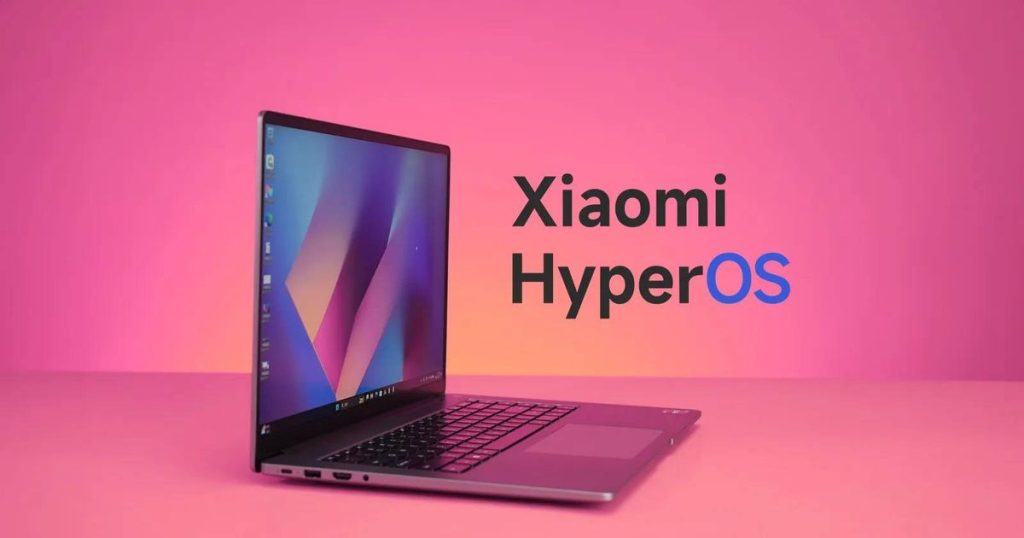Something big might be brewing at Xiaomi. With Google and Qualcomm working together to create Android-powered PCs using the Snapdragon X Elite chip, Xiaomi seems ready to take part. The idea of a “HyperOS for Computers” sounds bold — but it also makes perfect sense for a company obsessed with ecosystem integration.
Android PCs Are Finally Real
For years, Android has been a mobile-only world. We used it on our phones, tablets, and smart TVs — but never on laptops. That might soon change. Google and Qualcomm’s new project aims to bring Android to personal computers. The goal? Combine smartphone simplicity with laptop power.
The first Android PCs are expected to use Qualcomm’s Snapdragon X Elite processor. It’s built for speed, long battery life, and instant responsiveness. Apple’s M4 Max still outperforms it, but Android PCs don’t need to beat Apple — they just need to offer good performance at a lower price.
Why Xiaomi Fits the Story
If any company can make Android PCs practical, it’s Xiaomi. The Chinese tech giant has already built a massive ecosystem — phones, TVs, smart home gadgets, tablets, and even cars — all connected by its HyperOS platform.
Adding computers to the list feels like a natural next move. Imagine your Xiaomi phone and laptop syncing in seconds — no cables, no setup. You start a note on your phone and finish it on your laptop. That’s exactly the kind of smooth, unified experience Xiaomi has been chasing for years.
Snapdragon X Elite vs. Apple Silicon
Qualcomm’s Snapdragon X Elite chip is at the heart of this new movement. It’s fast, efficient, and optimized for both Android and Windows on ARM. But benchmarks show Apple’s M-series chips still lead in raw performance.
Still, most people don’t buy laptops to push limits — they want something light, quiet, and reliable. If Xiaomi pairs HyperOS with Qualcomm’s efficient chip, we might see a laptop that lasts all day, runs Android apps, and stays affordable.
HyperOS for Computer: The Logical Next Step
Xiaomi already uses HyperOS across phones, tablets, TVs, and cars. A HyperOS laptop would complete that circle. Its HyperConnect feature already lets devices share files and settings instantly. Expanding that to a PC could finally make Android computing feel natural — something users actually want to use every day.
It’s also a smart business move. Once users get used to Xiaomi’s connected environment, switching brands becomes harder. Apple did it years ago. Xiaomi’s trying to do it now — but for a much larger audience.
What It Could Mean for Users
If Android PCs become a trend, Xiaomi could lead it. The company has the hardware, the software, and the user base. For people who already own Xiaomi devices, a HyperOS laptop could be the missing piece that ties everything together.
And beyond that, it’s a sign that Android is maturing — growing from a phone OS into something bigger and more flexible.
Conclusion
If the rumors are true, “HyperOS for Computer” might be Xiaomi’s next big step. It’s more than just another gadget — it’s a move toward a single, unified Android ecosystem that finally works across every device you own.
Key Takeaways
- Google and Qualcomm are developing Android PCs using the Snapdragon X Elite chip.
- Xiaomi is rumored to bring “HyperOS for Computer” to its next-generation laptops.
- HyperOS already links Xiaomi phones, TVs, tablets, and cars.
- Apple still leads in performance, but Android PCs may win with price and convenience.
- Xiaomi could become the first brand to make Android PCs truly mainstream.


